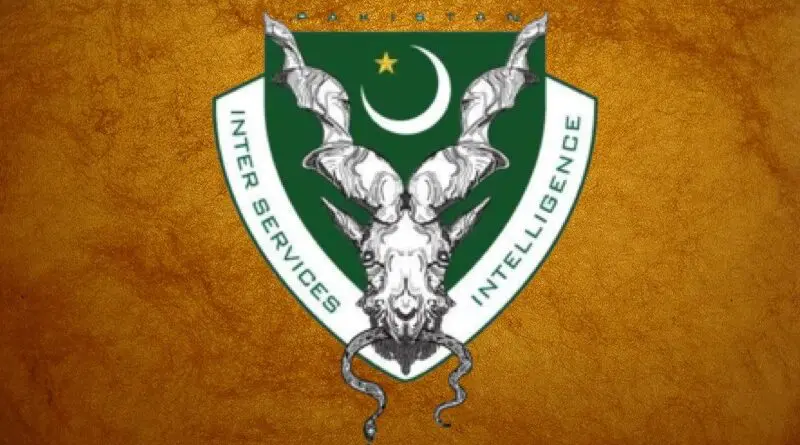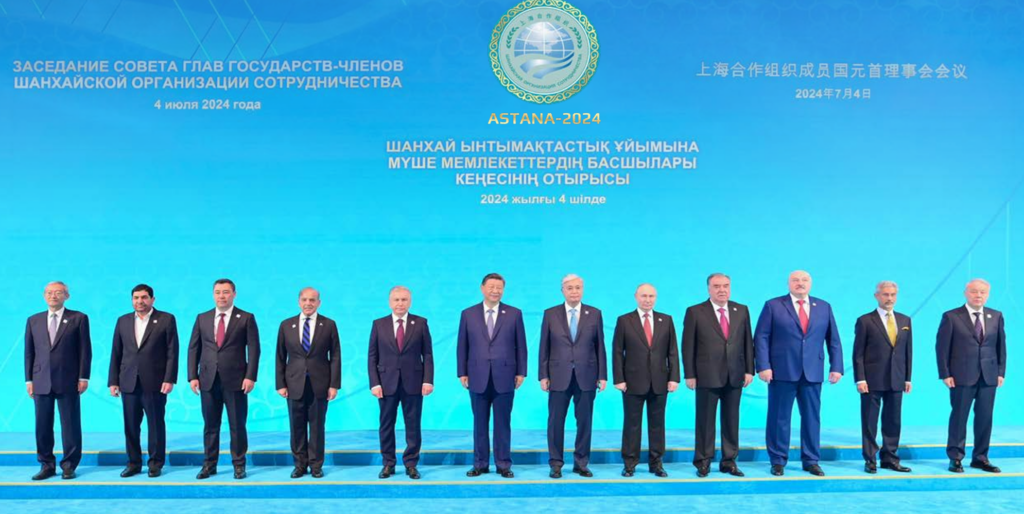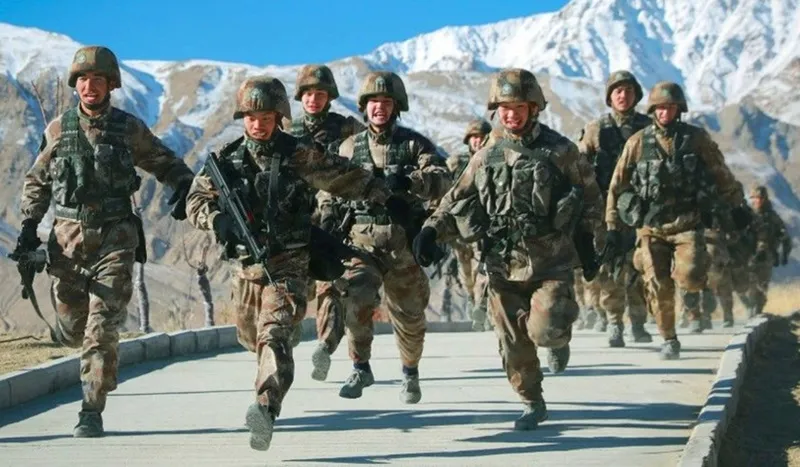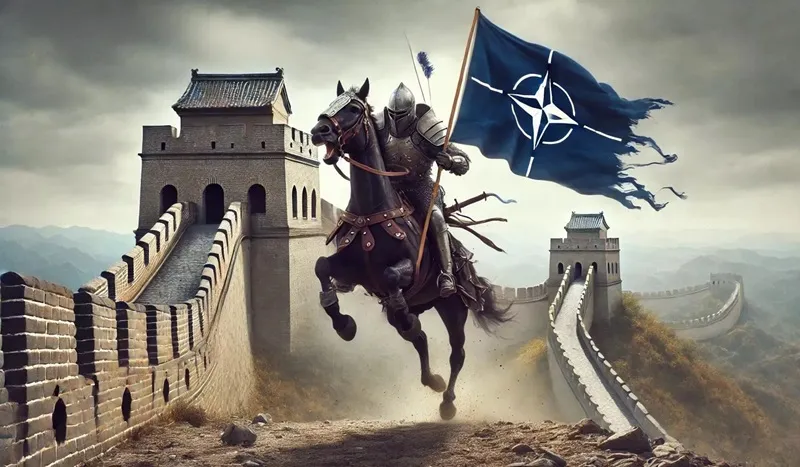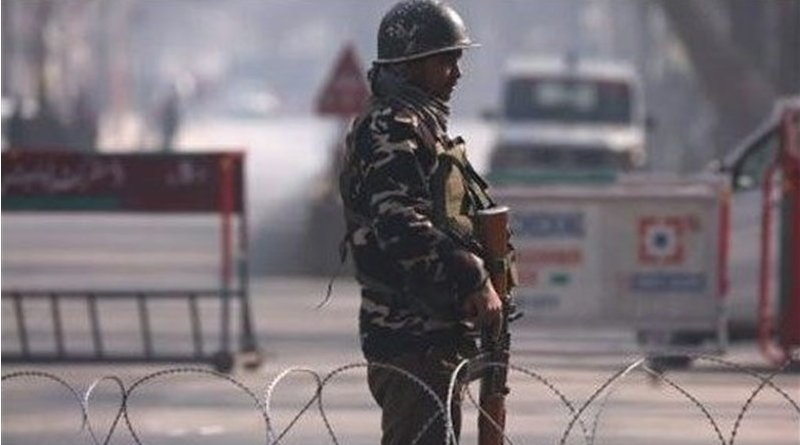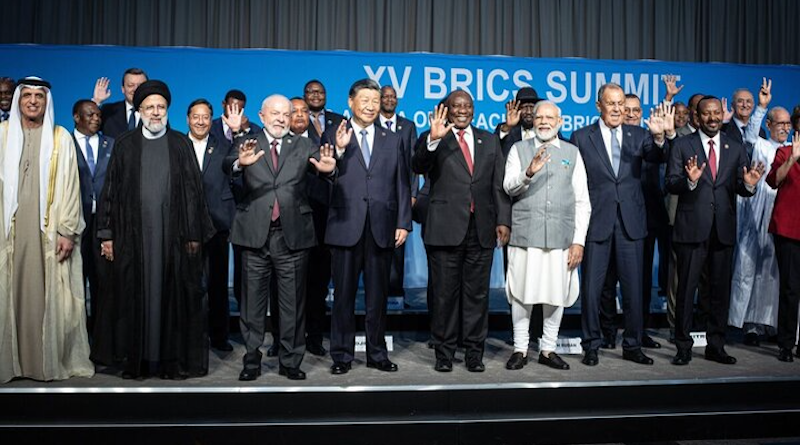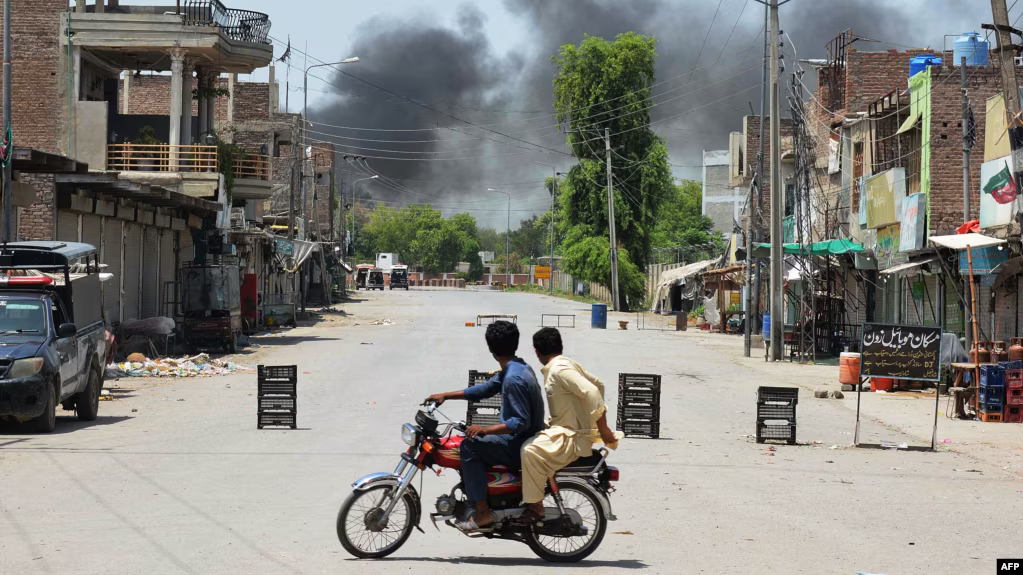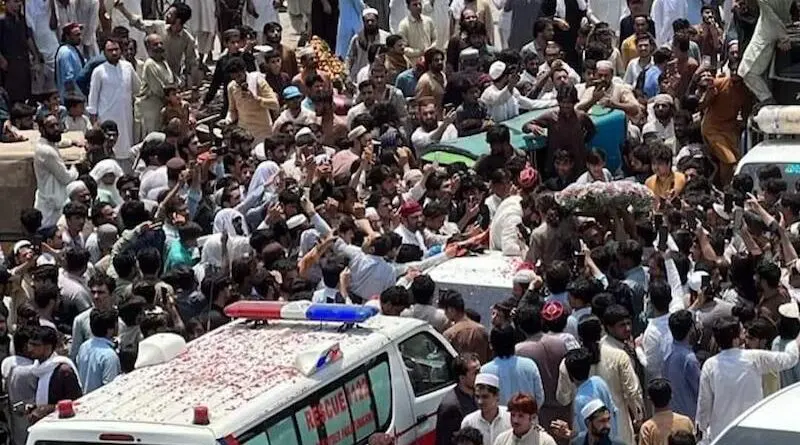Le contrôle de l’Eurasie par le sud
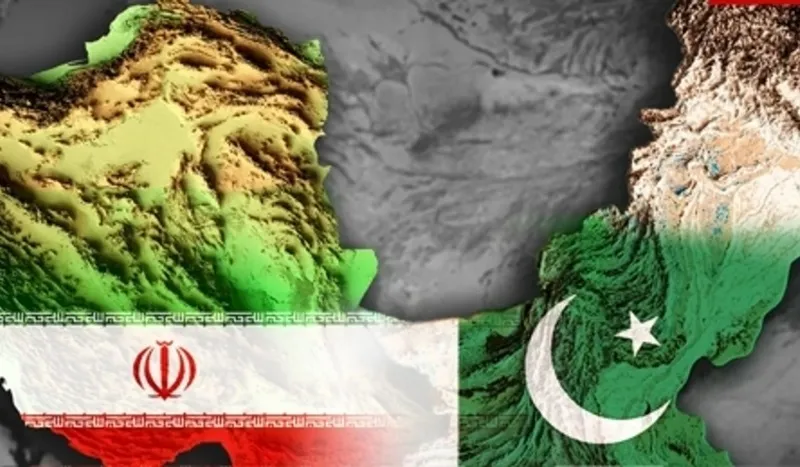
Si l’on combine la géographie politique et la géopolitique, il est facile de constater que le groupe de pays situés au nord de la mer d’Arabie présente un certain nombre de caractéristiques communes. Certaines parties de l’Iran moderne et de l’Afghanistan représentent le Khorasan historique, et la ceinture pachtoune s’étend de l’Afghanistan au Pakistan. Le Pakistan et l’Iran sont unis par le Baloutchistan (les deux pays ont des mouvements séparatistes baloutches activement soutenus de l’extérieur).

